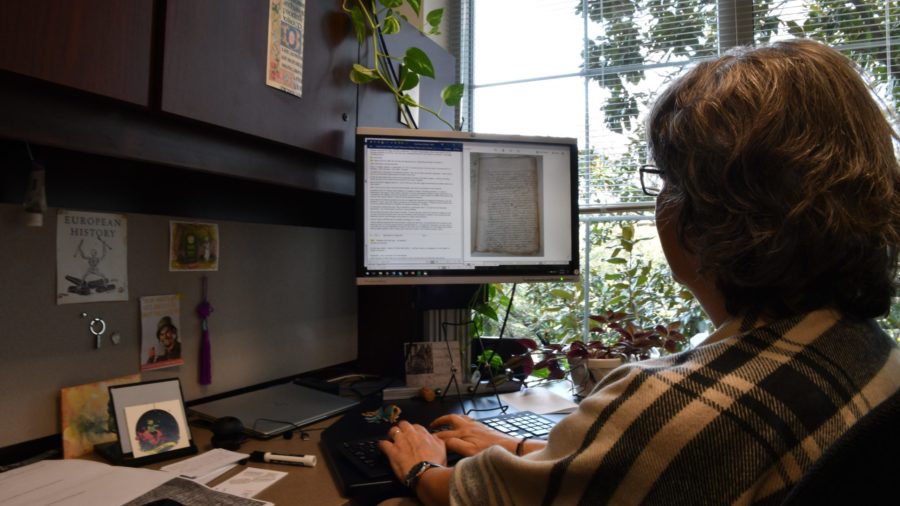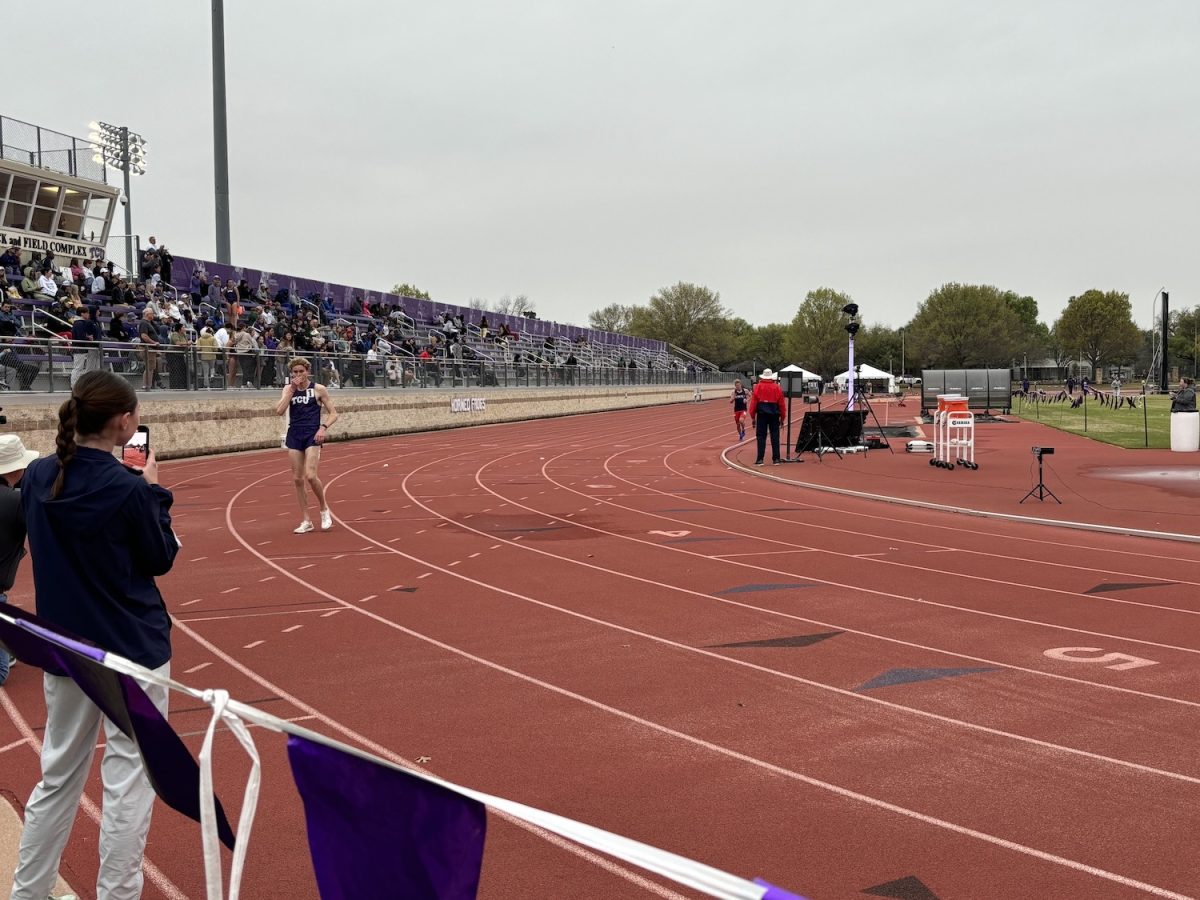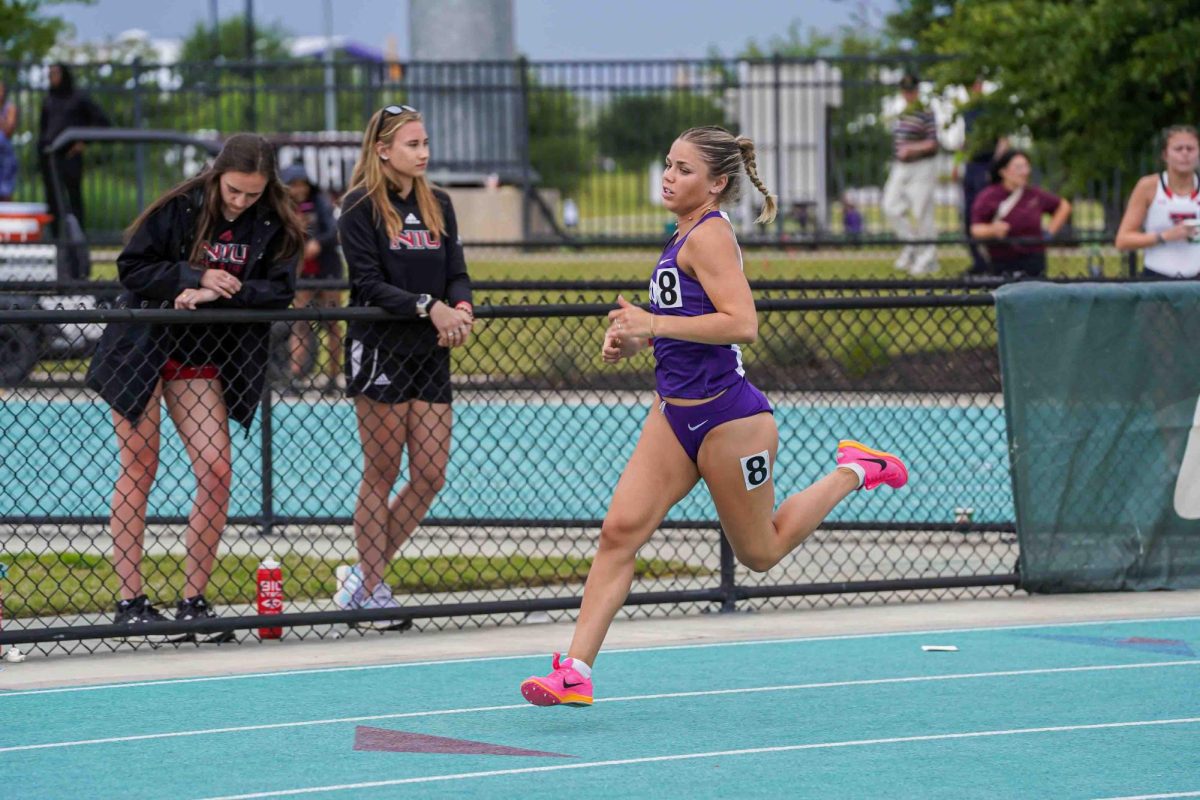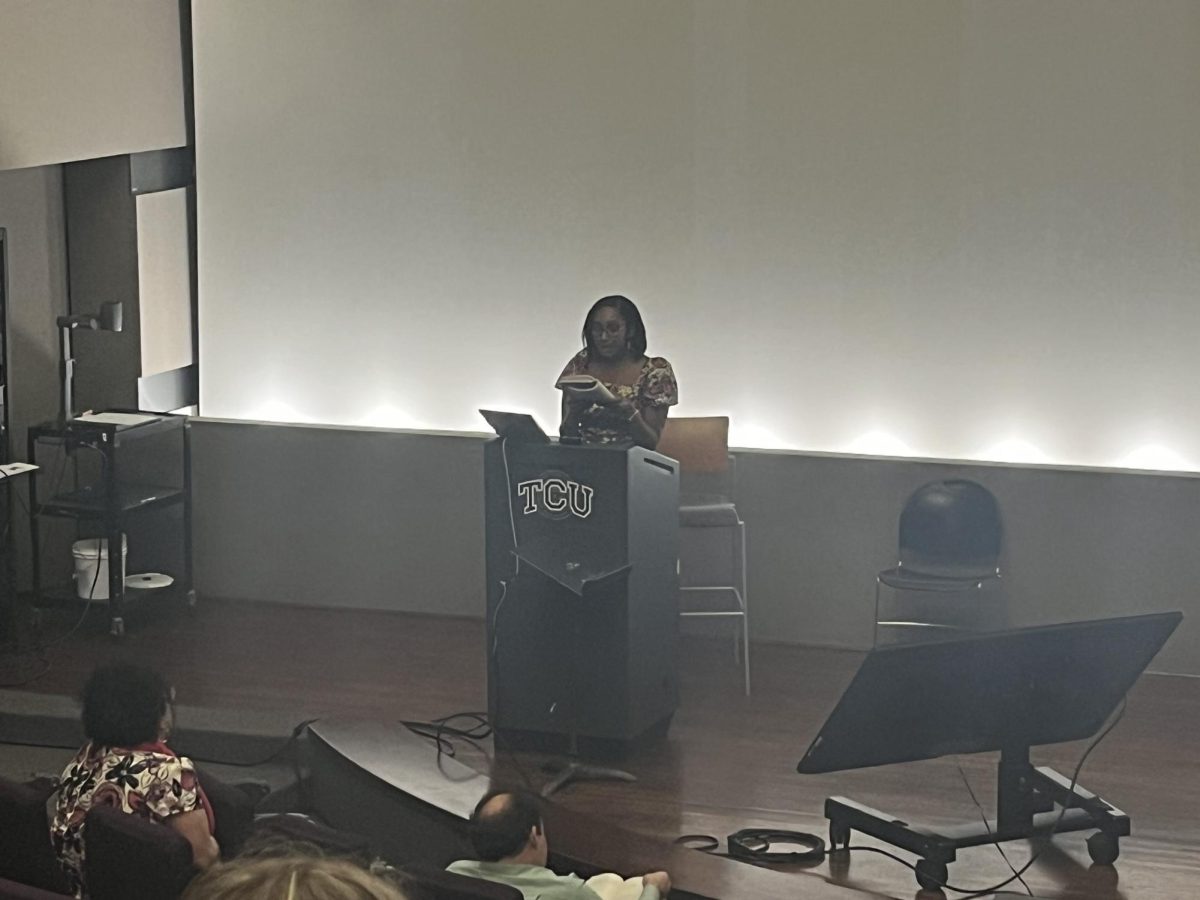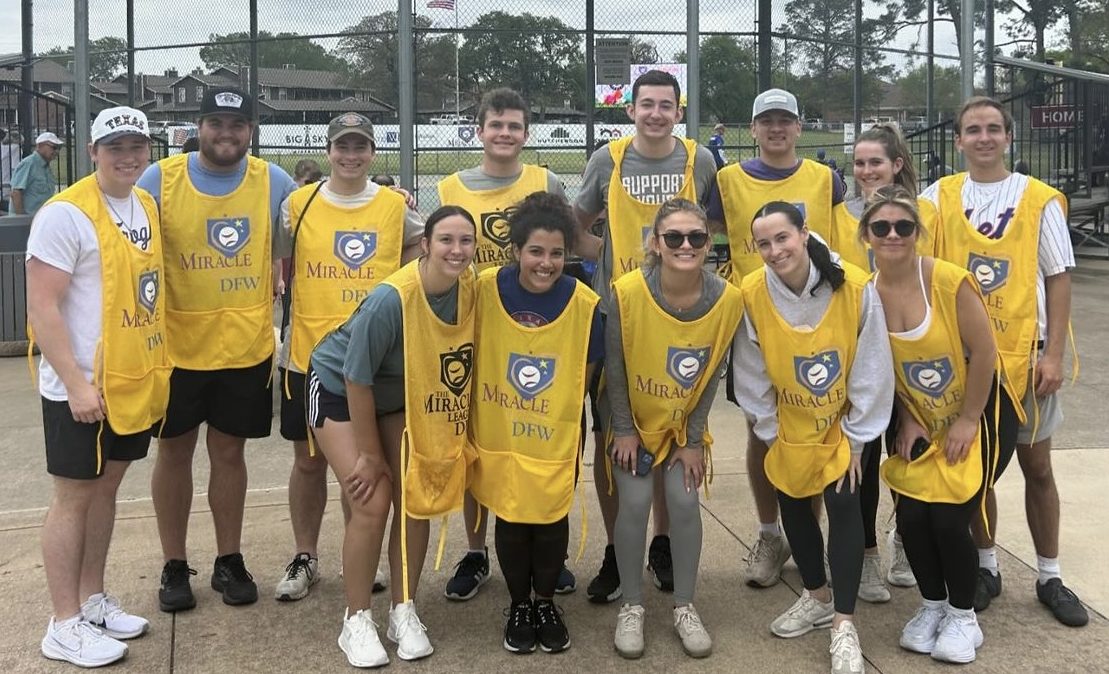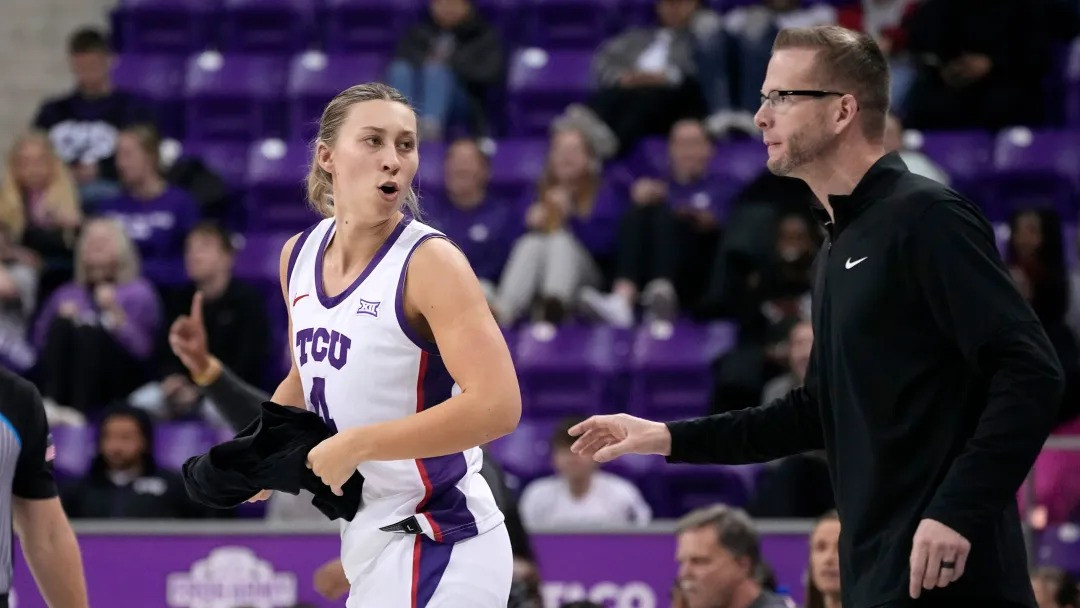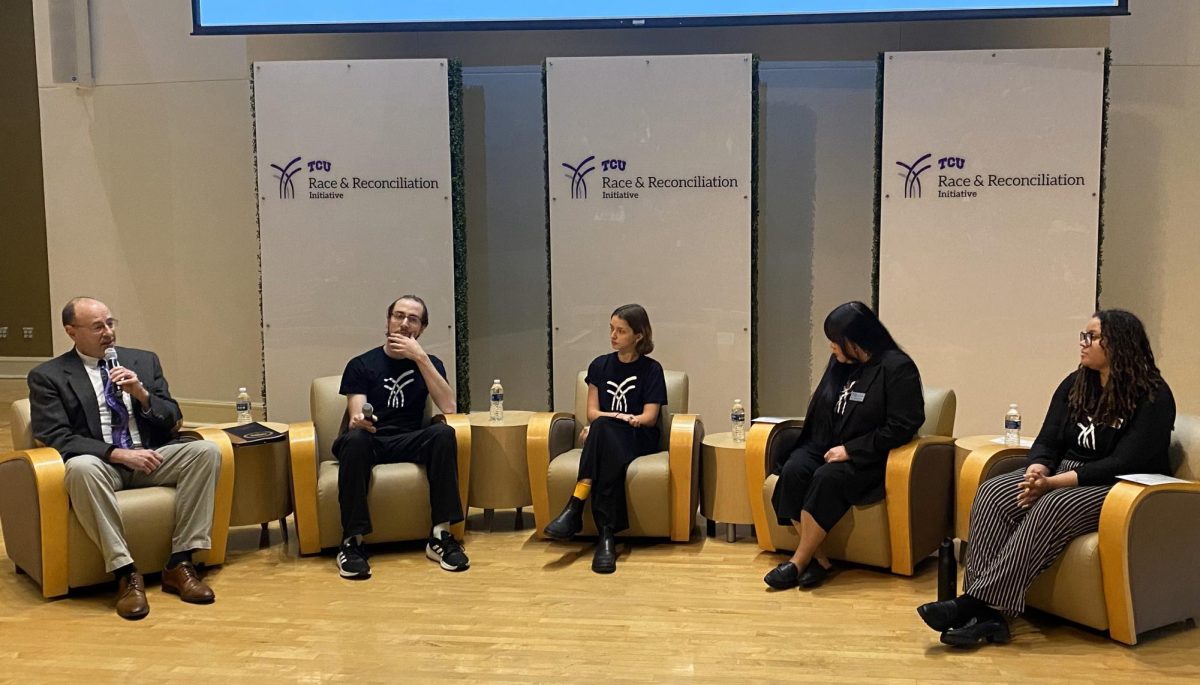The adjectives ‘faceless’ and ‘nameless’ might not be associated with grading; but a new feature in D2L hides the identities of students during the grading process.
The goal is “to decrease unconscious bias in the grading and feedback process”by removing students’ names from assignments, according to an email sent to faculty by the Koehler Center for Instruction Innovation and Engagement.
Researchers suggest that unconscious bias can occur when people make quick judgments based on past experiences.
The benefits of anonymous grading has been studied.
“It’s a good way to prevent people not only from being bias against certain people or kinds of people but the other direction,” Vikram David Amar, Dean of the University of Illinois College of Law. “It prevents instructors from playing favorites because they happen to like or think highly of someone.”
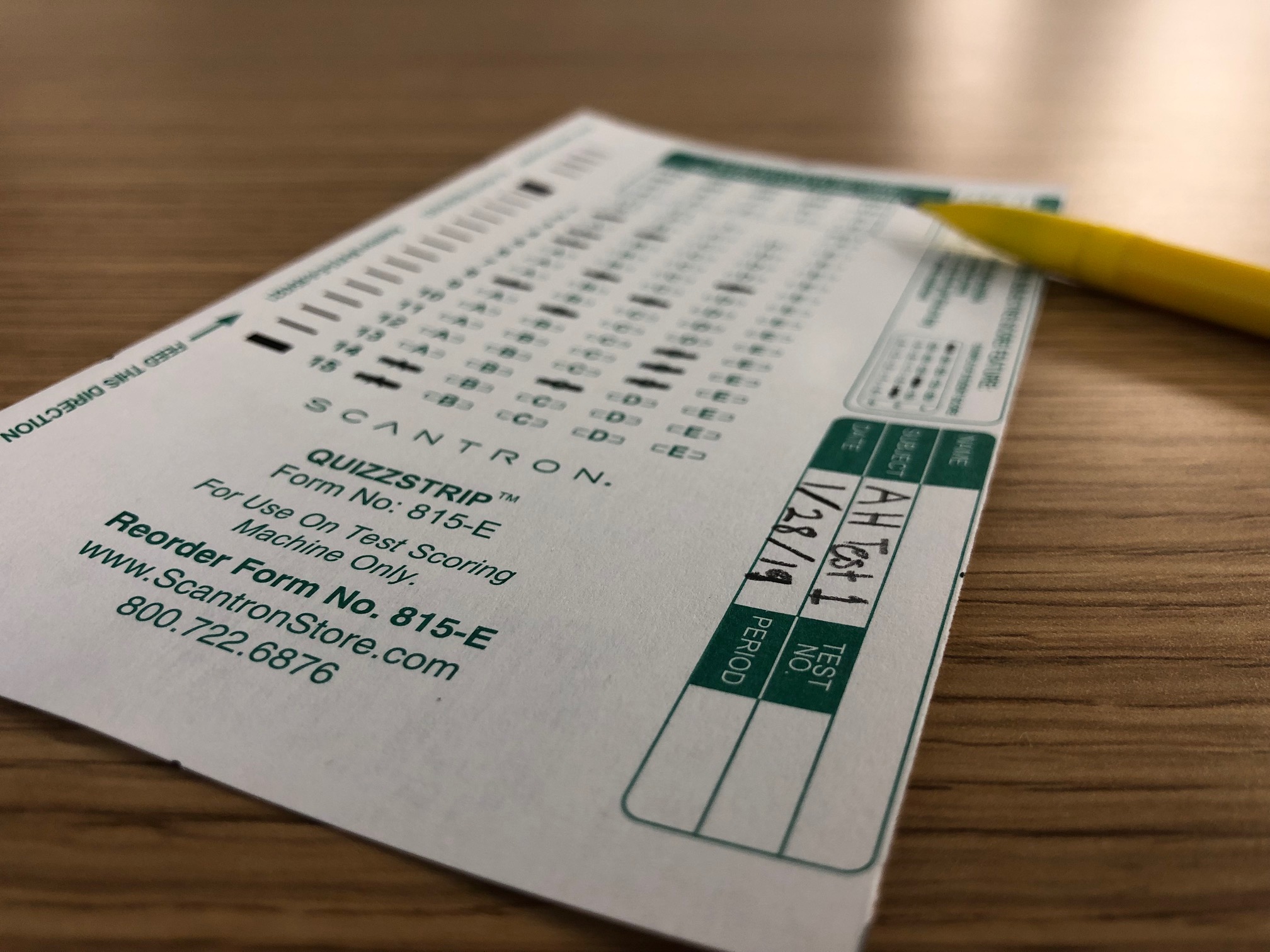
Although there is no information on the number of professors using this feature, Romana Hughes, who is also assistant provost of educational technology and faculty development, wrote in an email that the tool has been received well by faculty.
“[The] Anonymous Marking of Assignments feature gives instructors (or TAs with grading access) the ability to read and assign grades to submissions without knowing which student submitted which item until after publishing the grades to the Grades tool,” Director of the Koehler Center Romana Hughes wrote in an email.
“Instructors are always looking for ways to improve their teaching,” Hughes wrote. “This new feature, as mentioned above will make their grading more objective and consistent by decreasing unconscious bias when grading.”
Jodi Campbell, a history professor at TCU said she has caught herself succumbing to unconscious bias and that it can affect anyone.
“Last night I was grading a pile of papers and I was reading one and was kind of surprised that it was a little better or worse than I expected, and I suddenly realized it was a different student than who I thought it was.”
Junior neuroscience major Lauren McCue said grades can be influenced by more than a student’s work.
She said one of her friends who is Hispanic told her that the friend wasn’t penalized from grammatical errors in a paper because the professor thought English was not his first language.
McCue believes there is potential for this new feature to fight against unconscious bias.
“I think if the professors actually commit to using it, it can make an impact,” said McCue.
Amar said blind grading is already used during standardized tests like the SAT, ACT, Medical College Acceptance Test (MCAT) and Law School Aptitude Test (LSAT).
“If you really want to judge the work on its own, then you should just look at the work and not the identity of the author.”
Amar said blind grading cannot work for certain formats, such as writing papers that require a student to get a pre-approved topic, but “where it can work, it seems so obviously superior.”



